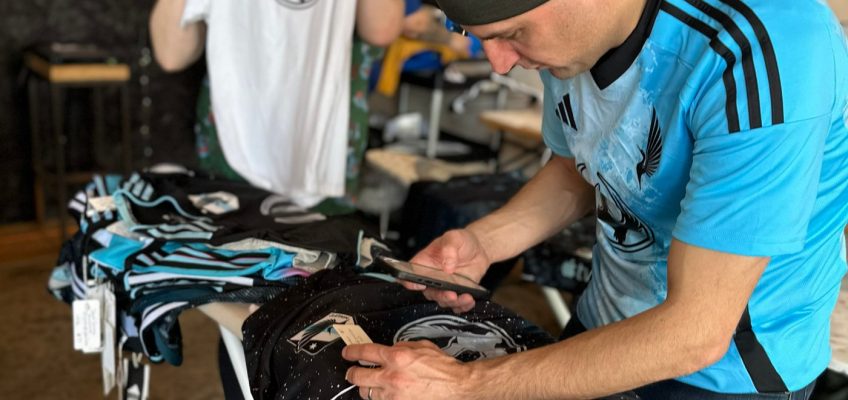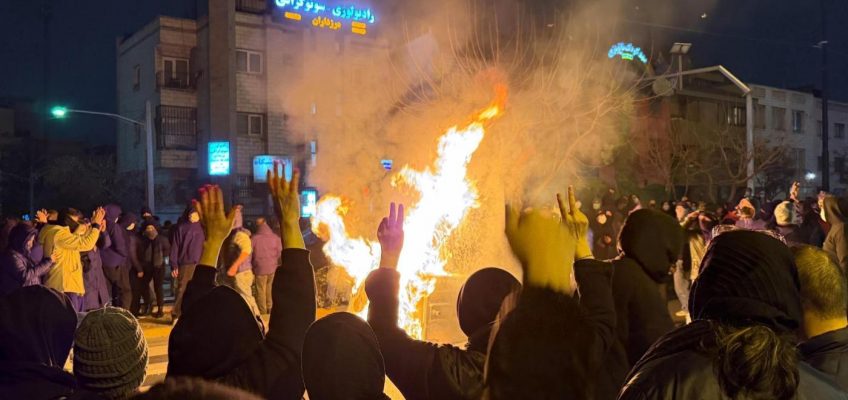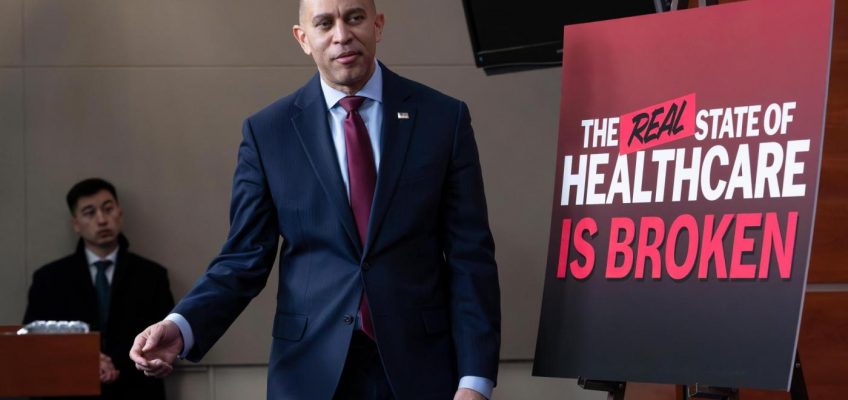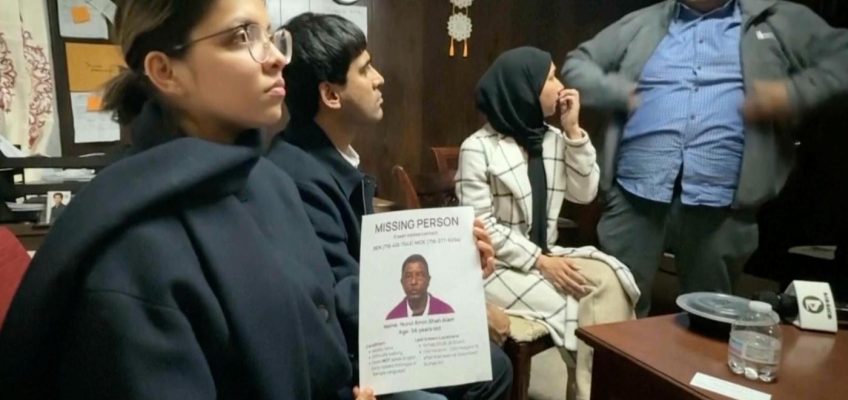Dan Monfre was searching for a way to match his skillset in marketing to the goal of fund raising for community members targeted and traumatized by the federal immigration raids this year.
Monfre and friend Brandon Long, two St. Paul residents and Minnesota United supporters, brainstormed an idea to replace the Target logo on the front of Loons fans’ jerseys with the rebel loon insignia, versions of which have proliferated in recent weeks. Variations of the Minnesota state bird are placed into a Rebel Alliance crest from “Star Wars” to represent resistance to the surge in Immigration and Customs Enforcement (ICE) actions in Minnesota.
The Rebel Loon Project was born and promoted on Reddit in a call for a one-day event to alter fans’ jerseys. Demand generated an initial email list of more than 500, and Monfre knew it was going to take a series of get-togethers.
Latino-owned Calisota Boys Customs, a print and retail shop in West St. Paul, and a group volunteers alter the jerseys for $20-30 a piece with a requested donation for the Immigrant Defense Network. The goal is to raise at least $10,000 for IDN, which supports the constitutional rights of immigrants in Minnesota.
Their first event — which was chock full of RSVPs within an hour — converted more than 100 jerseys and gathered $2,000 for IDN at Inbound BrewCo in Minneapolis on Feb. 21, Monfre said.
A second event, now also full, plans to alter 200 jerseys and raise more money at BauHaus Brew Labs in Minneapolis on Saturday. It will start before the Loons’ home opener against FC Cincinnati at Allianz Field at 3:30 p.m.
A third event is scheduled for BlackStack Brewing in St. Paul on March 7; that one will coincide with a watch party for the Loons’ night game at Nashville SC.
The fan-led initiative germinated strictly out of support those affected in the community.
“There’s a misconception with our organization that we’re sort of trying to stick it to Target or stick it to (Minnesota) United, and that’s really not the case,” Monfre said. “… It was more about the pride that we have for how Minnesota has responded to the federal actions here.”
Minnesota United fans Dan Monfre and Brandon Long, who live in St. Paul, have organized an initiative to turn the Target logo on the Loons’ jersey into the Rebel Loon logo in support of the community during the federal immigration raids in Minnesota. The work is done by Calisota Boys Customs in West St. Paul and donations are directed to Immigrant Defense Network. A second event to change jerseys will be at BauHaus Brew Labs in Minneapolis on Saturday, Feb. 28, 2026. (Courtesy of Dan Monfre)
Monfre emphasized the organization is just conduit between Loons fans and Calisota Boys Customs and the Immigrant Defense Network. Compensation for the jersey changes and donations go directly to those two groups, he said.
Marcela Vega, who owns Calisota Boys Customs, said her small shop saw fewer customers during the height of the raids. With ICE agents in her complex’s parking lot at times, she felt the need to lock the door until she felt comfortable those outside were actual costumers.
Vega’s business received $2,000 and $500 in tips from the first event last weekend, she said, and it helped cover ent.
“I didn’t know what I was going to do before this,” Vega told the Pioneer Press. “It came at the perfect time.”
Last Saturday’s event preceded MNUFC’s season opener at Austin FC. And down in Texas, Austin FC’s Los Verdes supporters group caught wind of the Rebel Loon Project. Monfre said they took collections during its pre-match festivities and sent $500 to Minnesota for the Immigrant Defense Network.
“As a group of volunteers, we were kind of sitting there doing this work and steaming off logos on jerseys, so getting that email was a pretty cool way to remember why we were doing it,” Monfre said. “All it takes is for the right person to be in inspired about the project and you’re raising awareness.”
The Rebel Loon Project, which uses a rebel loon logo shared online as available for free use, has heard from supporters of other MLS teams.
“Some people asked if we could replace the logo on their D.C. United kit or another team,” Monfre said. He and Vega are working to fulfill those orders for delivery.
Monfre expects demand for the Rebel Loon Project will grow as the season progresses and MNUFC fans see the jersey conversions in person at home matches.
Monfre became a season ticket holder when Minnesota’s pro soccer team was known the Stars in the early 2010s. One of his favorite things about Allianz Field is the collection of flags that hang over the Wonderwall section in the stadium’s south end. They represent the countries the Loons players are from.
“One of the things I like about soccer is the diversity of our fan base, and when you look at the supporter section from the stadium, you see flags from different countries flying (and) you have that sort of sense of pride,” said Monfre, whose wife is a Filipino immigrant. “And I think wearing the rebel loon logo on jerseys is sort of another way of showing pride in that community and saying that every type of person is welcome in the supporters community and at the stadium.”
Vega, who said she is a U.S. citizen of Mexican heritage, has been to a couple of Loons games but has grown tighter to that broader community through this effort.
“It was an eye-opener about how united Minnesota can become,” she said. “It’s ironic their name is Minnesota United. It shows their fans are definitely united. That’s awesome. The ongoing support from people online. (I’m) grateful for the work we are doing.”
Related Articles
A nearly blind refugee is found dead after Border Patrol agents drop him at Buffalo doughnut shop
Nine more arrested in anti-ICE protest at St. Paul church
A chief judge warns Minnesota’s top prosecutor and ICE: Obey court orders or face contempt
The IRS broke the law by disclosing confidential information to ICE 42,695 times, judge says
MN legislators hear bill that would allow lawsuits against federal agents




